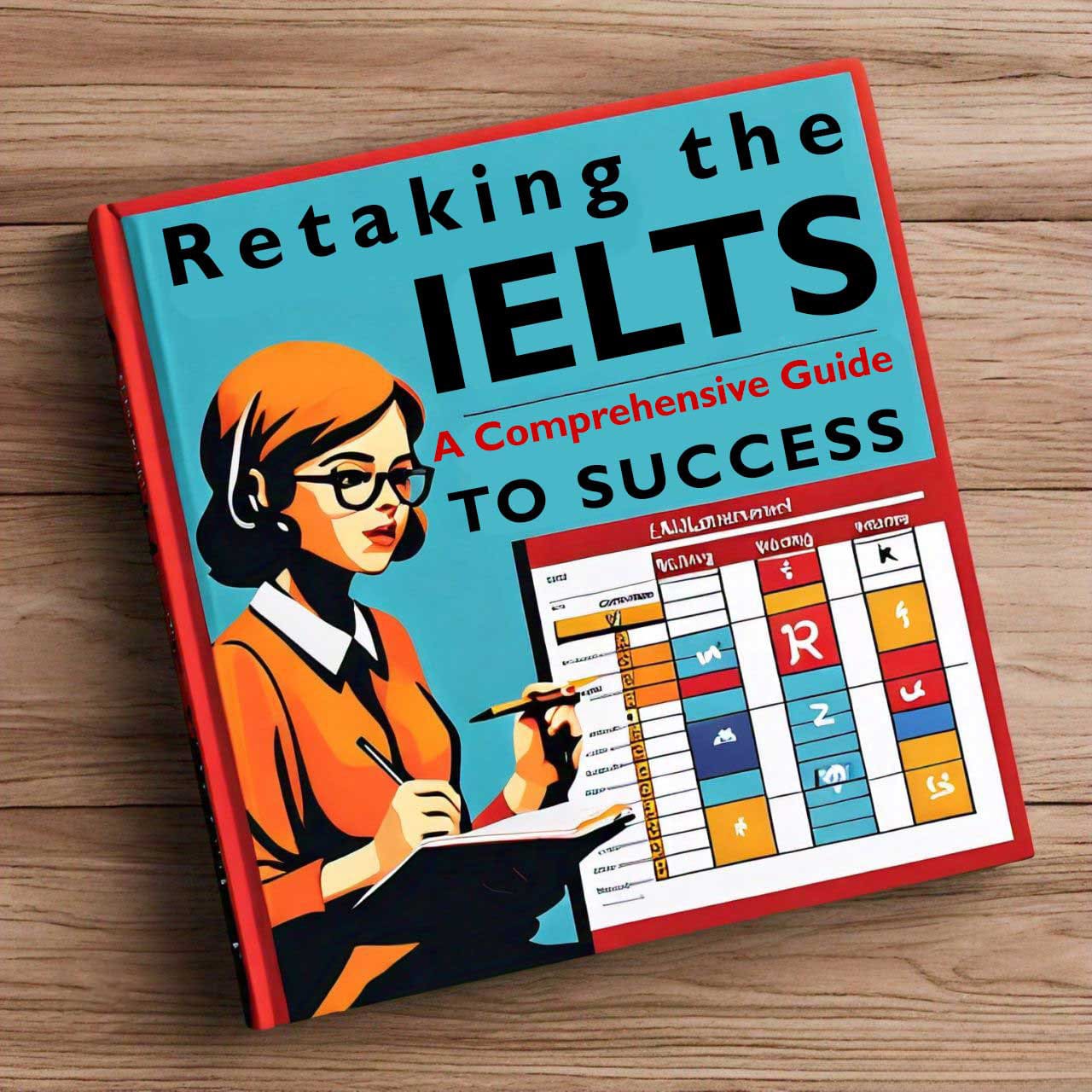Taking the International English Language Testing System (IELTS) exam can be a significant milestone for many students and professionals aiming to study or work abroad. However, not everyone achieves their desired score on the first attempt. If you find yourself needing to retake the IELTS exam, don’t be disheartened. This guide is designed to help you navigate through the process and improve your performance.
Table of Contents
Understanding the Need to Retake the IELTS
There are several reasons why you might need to retake the IELTS exam:
– Meeting University or Immigration Requirements: Certain institutions or immigration authorities may have specific score requirements that you need to meet.
– Improving Job Prospects: Higher IELTS scores can enhance your resume and open up better job opportunities.
– Personal Goals: You might simply want to challenge yourself to achieve a higher score.
Steps to Retake the IELTS Exam
1. Analyze Your Previous Performance
Before booking your next test, take time to analyze your previous results. Look at the scores you received in each of the four sections: Listening, Reading, Writing, and Speaking. Identify which sections you need to improve on.
2. Get Feedback
If possible, seek feedback on your performance. Many test centers offer post-test services where you can receive detailed insights into your performance. This can help you understand your weaknesses and areas that need improvement.
3. Develop a Study Plan
Create a structured study plan focusing on your weak areas:
– Listening: Practice with various English accents and work on understanding different types of audio materials.
– Reading: Improve your reading speed and comprehension by practicing with academic texts and articles.
– Writing: Focus on both Task 1 and Task 2. Practice writing essays, reports, and letters, and get them reviewed by someone proficient in English.
– Speaking: Engage in conversations with native speakers or join speaking clubs. Practice common IELTS speaking topics and improve your fluency and pronunciation.
4. Use Official Preparation Materials
Utilize official IELTS preparation materials such as:
– Cambridge IELTS Practice Tests: These books provide real test questions from previous years and are excellent for practice.
– IELTS Official Practice Materials: These materials give you a good sense of the test format and the types of questions you can expect.
– Online Resources: Websites like the British Council, IDP, and the official IELTS website offer free practice tests and preparation tips.
5. Consider Professional Help
If self-study isn’t yielding the desired results, consider enrolling in an IELTS preparation course. Many institutions offer intensive courses that can help you hone your skills and boost your confidence.
6. Practice Under Test Conditions
Simulate test conditions at home to get accustomed to the timing and pressure of the actual exam. Time yourself strictly and work through full-length practice tests. This will help you manage your time effectively during the real test.
7. Stay Updated on Test Changes
IELTS occasionally updates its test format. Ensure that you are aware of any changes by regularly checking the official IELTS website or contacting your test center.
8. Maintain a Positive Attitude
Retaking the IELTS can be stressful, but maintaining a positive attitude is crucial. Stay motivated and remind yourself of your goals. Each attempt is a step closer to achieving your dreams.
Booking Your Retake
Once you feel prepared, book your retake through the official IELTS website or your nearest test center. Ensure that you have all the necessary documents and that you choose a test date that gives you ample time to prepare.
On Test Day
– Arrive Early: Ensure you arrive at the test center early to avoid any last-minute stress.
– Stay Calm and Focused: Keep calm and follow the instructions provided by the test administrators.
– Use Your Time Wisely: Manage your time effectively during each section of the test.
Conclusion
Retaking the IELTS exam can be a daunting task, but with thorough preparation and a positive mindset, you can improve your scores. Remember, achieving your desired score is possible with dedication and hard work. Use the opportunity to learn from your past mistakes, refine your skills, and ultimately, get closer to your academic or professional aspirations.
Good luck with your IELTS retake!



